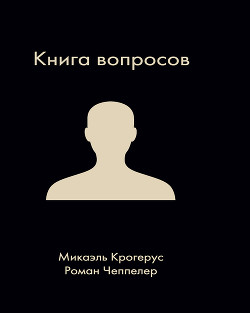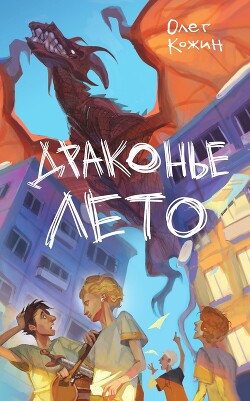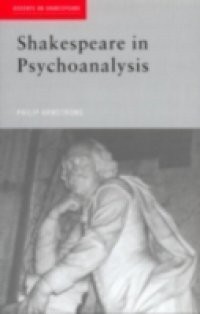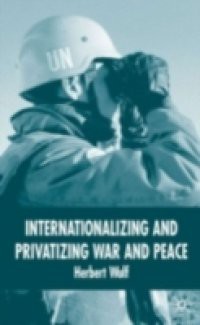Inspired by Martin Heidegger's notion of being-in-the-world, this study presents a quasi-phenomenological close reading of Herman Melville's most famous novella 'Bartleby the Scrivener' and Mark Twain's most famous novel 'Adventures of Huckleberry Finn.' It is meant as a broad critique of both cultural and intellectual rhetoric of recalcitrance, estrangement and awayness that has long predominated within interpretations of American literature. The study refers selectively to the works of such classic authors as James F. Cooper, Washington Irving, R. W. Emerson, H. D. Thoreau, Walt Whitman, Henry James, Robert Frost, James Joyce, and Donald Barthelme. As an extended intertextual footnote, 'Transcribing the Territory' advances also a more positive existential appreciation of the ostensibly forbidding landscape of Nathaniel Hawthorne's most famous romance 'The Scarlet Letter'.















